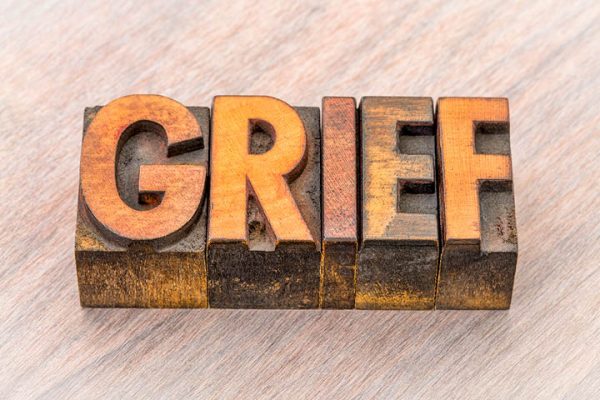 Your grief is your grief, and it belongs to you alone. This sentiment may seem obvious. But it’s a good reminder as you may encounter many well-meaning friends and family members who want so badly to help you. Others may try to help by telling you how they think your grief should look and feel. While we need others in this journey, we need to be able to navigate our own path to healing and living life with grief.
Your grief is your grief, and it belongs to you alone. This sentiment may seem obvious. But it’s a good reminder as you may encounter many well-meaning friends and family members who want so badly to help you. Others may try to help by telling you how they think your grief should look and feel. While we need others in this journey, we need to be able to navigate our own path to healing and living life with grief.
The list below is a guide of practical tips on how to claim your grief and grow into it. Please use what you find helpful in your journey.
• Your grief is your grief. No one else has your personality, your relationship or your grief.
• Your grief may surprise you. Grief sometimes affects us most when we least expect it.
• Your grief can affect your health. Emotional, mental and your physical health are all a part of who you are. Pay attention to your whole self and ask for help when needed.
• Your grief may be quiet or loud. Often grief wants personal space and silence: silent tears or simply time to think and remember. Other times, grief will want to rage and scream. Trust both emotions and give them space.
• Your grief may be a spiritual journey. A spiritual director can be very helpful. Embrace your spirituality whether your strength is found in faith, nature, family or various activities. Choose spiritual companions who understand your need for sharing or silence.
• Your grief can be confusing. It’s difficult to understand the death of loved ones. Your emotions will run the gamut from sadness to fear to confusion to guilt to joy. They are your feelings. Claim them and share them as you’re comfortable.
• Your grief may long for ritual. Memorial services and funerals are paths to healing for many. Rituals also provide a space for others’ grief and comfort.
• Your grief needs memories. Honor your loved one by honoring the memories. Find a way to embrace and record your loved one’s story.
• Your grief is now part of you. Your loved one was a part of you. That relationship doesn’t end with death. Journeying into your grief is vital to healing. Healing is not about getting over your grief. Rather, healing equips you for your life with grief. Healthy grieving equals health living.
Your story and the story of your loved one needs to be told—sometimes over and over again. Compassionate listening is the most important gift a friend or loved one can give. When you recognize that gift, gratefully accept it and treasure it. Remember, your grief is your grief.
Click to download and print The Mourner’s Guide to Grief article.
Hospice of the Red River Valley has many resources available for the public, on a loan basis, through the resource libraries in each of our offices. Topics include caregiving, terminal illness, dying, death, grief and loss. To view more information about our grief support services, visit the grief support section of our website or call us at (800) 237-4629.

